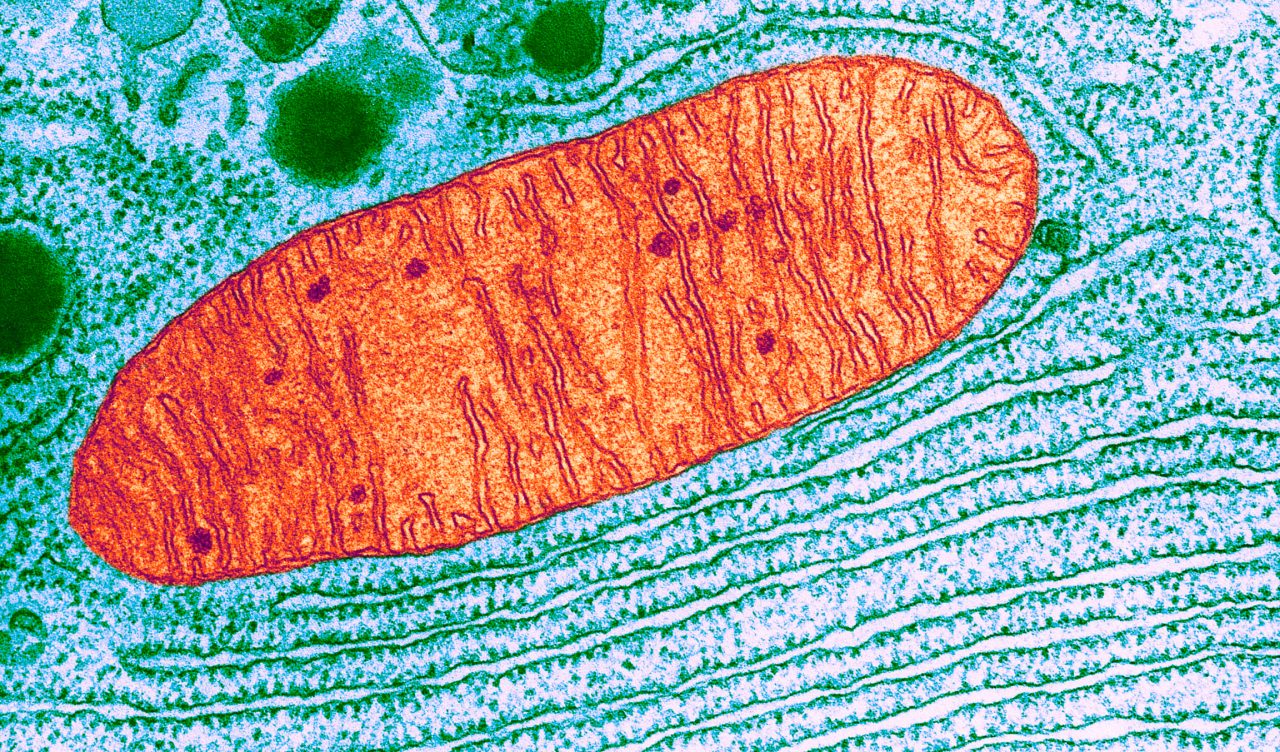Patients tell me they are fatigued and have little energy, and often there is little recourse from a “conventional” standpoint. As physicians we have collectively forgotten how energy is created and stored in our bodies. How can we address a patient who feels tired and drained if we have forgotten the basics of biochemistry? It only makes sense. If you cannot understand why your rocket lacks the lift to get it up into orbit, perhaps you should consider the strengths of the engines, All energy in eukaryotes, multi-celled animals that use oxygen, is created in a cellular organelle known as a mitochondria. Our fats, proteins and carbohydrates (F/C/P) are broken down and turned into energy for our cells in the mitochondria. You may remember mitochondria with the high-school epithet of the “energy producers of the cell.” A biochemist might know of the multiple pathways required for our bodies to harness this energy into usable (storable) energy as the currency of our cells. All we need to know is mitochondrial function is essential, easily damaged and fixable. There are three basic tenants that drive successful mitochondrial function. The first is the availability of food and nutritional sources. Foods we easily think of as F/C/P must be taken in the diet, digested into smaller, molecular parts and then successfully absorbed. At this point they can enter the mitochondria, where they are disassembled further and fed into an energetic conveyor belt. This chugs along with appropriate vitamins and minerals. It grinds to a halt with toxins, heavy metals and inflammation. The second essential component of energetics is the elimination of free radicals. These are activated oxygen molecules, with an added electron for an additional “kick.” Necessary byproducts of mitochondrial function, they can become the wrench in the machine if overly produced – or inefficiently removed. Both production and removal can be influenced and optimized with nutrients, supplements and diet. The final pathway upon which mitochondrial success or failure hinges, is the simple process of taking oxygen in, and breathing out carbon dioxide. Eat, digest, metabolize, purify and breathe. Love and care for your mitochondria. What could be simpler?
3 Comments
Jen Little
12/13/2016 05:19:41 pm
Just curious of your thoughts on CoQ10, Ubiquinol on improving mitochondrial function. I also read in fertility book that taking this supplement may potentially improve egg quality esp in older moms. I think book was called It's All About The Egg.
Reply
Scott Resnick
12/13/2016 07:47:20 pm
Jen,
Reply
Amanda Winter
8/3/2017 12:09:53 pm
Dr Resnick-Would Mitochondrial issues cause fatigue during a normal run for an athlete? Have you seen this before? My functional medicine dr, who is excellent-is not understanding/seeing this on most recent labs. Thyroid markers good ( which is where this occurred before ) and super frustrating
Reply
Leave a Reply. |
Categories
All
Archives
June 2017
|


 RSS Feed
RSS Feed